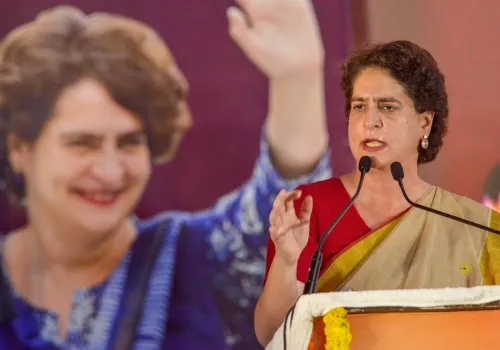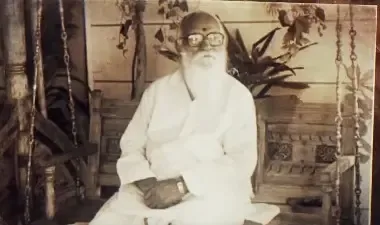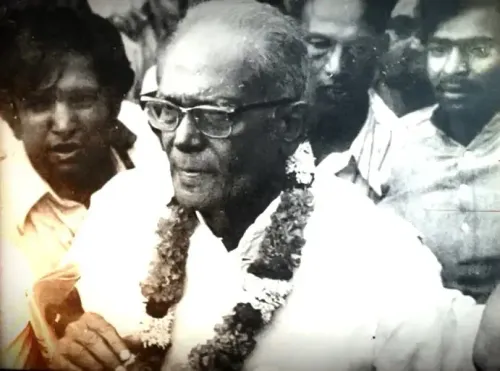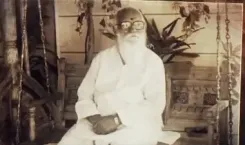Should Media Exercise Caution in Sabarimala Gold Controversy?
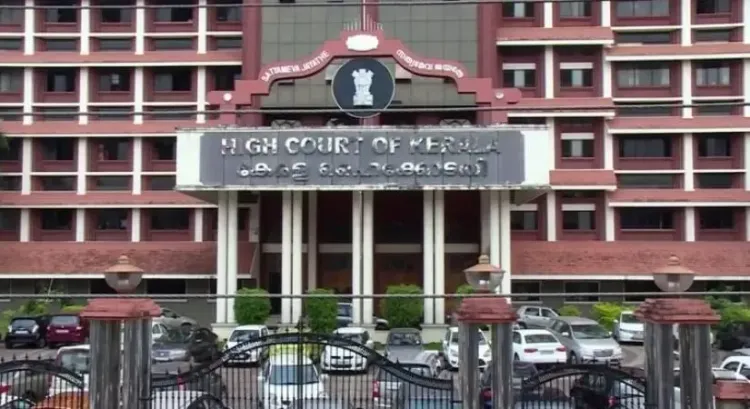
Synopsis
Key Takeaways
- The Kerala High Court emphasizes responsible media reporting.
- Sensationalism may jeopardize investigations.
- Accused individuals are entitled to a fair trial.
- Media should refrain from speculative reporting.
- Social media can spread misinformation.
Kochi, Oct 10 (NationPress) The Kerala High Court on Friday urged the media to exercise caution and avoid sensationalising reports concerning the alleged loss of gold from the gold-plated copper coverings of the Dwarapalaka (door guardian) idols at the Sabarimala temple.
A Division Bench comprising Justices Raja Vijayaraghavan V. and K.V. Jayakumar noted that the Special Investigation Team (SIT), established to investigate the matter, has only recently commenced its inquiry.
The court emphasized that speculative reporting could jeopardise both the investigation and the rights of the accused.
“It is the public’s right to be informed through the media, and every accused is entitled to a fair, open, and speedy trial. However, we have observed that individuals with only a superficial understanding of the issue are being interviewed, resulting in contradictory reports across print and electronic platforms,” the Bench stated.
The court also highlighted the influence of social media, cautioning that individuals with mobile phones or video cameras were disseminating information without adequate knowledge, potentially affecting the investigation and infringing on the rights of the accused.
“We urge the media to refrain from indulging in sensationalism,” it added.
The observations arose from a suo motu order based on a report from the Sabarimala Special Commissioner.
The report raised alarms that the gold-plated copper coverings had been sent for repair to Smart Creations, without prior intimation to the court or the commissioner.
The Travancore Devaswom Board (TDB) had removed the coverings and entrusted them to the firm under the sponsorship of devotee Unnikrishnan Potti.
The court’s warning underscores the need for responsible reporting while the investigation unfolds, to protect both the integrity of the probe and the rights of the individuals involved.
The High Court’s directive serves as a reminder that premature or sensational coverage not only risks misleading the public but could also obstruct the due course of justice in high-profile religious property cases like Sabarimala.

